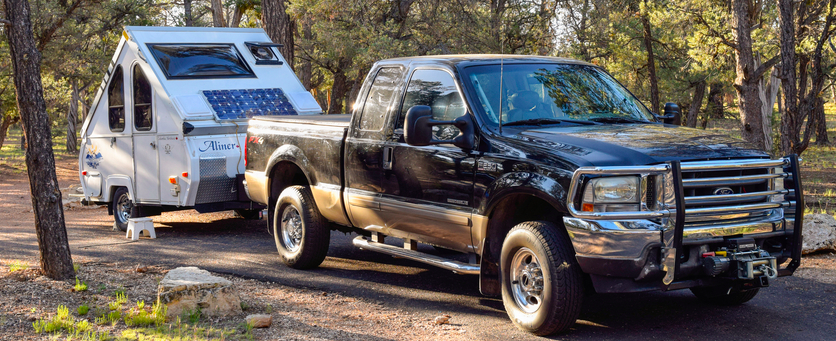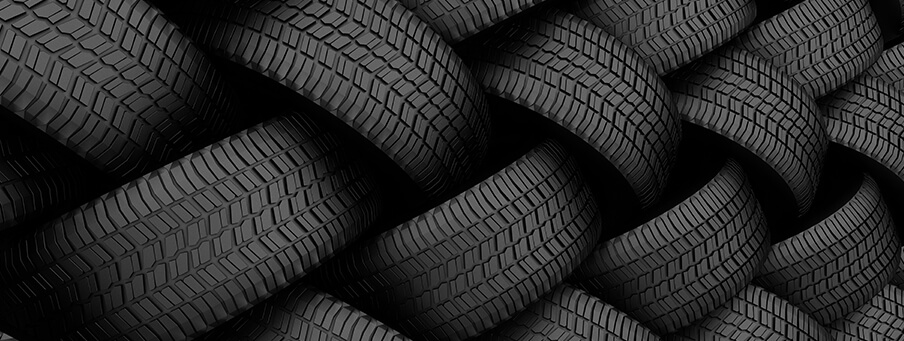Last Updated on April 21, 2024
Unveiling the Best Inexpensive Tires For Every Journey
Tires are an integral component of any vehicle. They connect you to the road, ensure your safety, and play a pivotal role in fuel efficiency. But let’s face it, some tire prices can make your wallet feel significantly lighter. The good news? High quality doesn’t always mean high cost. In this guide, we’ll introduce inexpensive tires that deliver performance and safety.
It’s tempting. Why not buy tires at the lowest price, throw them on, and hit the road? You’ll have more money left over for whatever your family needs. The truth is, you need to be careful when buying tires on a budget. The wrong set of tires will hurt you more than help you by negatively impacting fuel economy, wearing out too soon, and limiting your car’s performance when it matters most.
Why Opt for Inexpensive Tires?
- Budget-Friendly: The most apparent benefit is cost-saving. You don’t have to empty your pockets to ensure a smooth ride.
- Great for Spare Tires: Inexpensive options are ideal if you’re looking for a spare tire or a quick replacement.
- Perfect for Older Vehicles: Affordable tires can be a wise choice for cars that might not be long-term keepers.
Factors to Consider When Buying Inexpensive Tires
- Tire Ratings: Even among the budget-friendly range, some tires outperform others. Look for those with good treadwear, temperature, and traction ratings.
- Vehicle Type: Ensure the tire suits your vehicle type, whether a sedan, SUV, or truck.
- Driving Conditions: Consider the environment and climate. Some inexpensive tires might be great for city driving but not as efficient for snowy or off-road conditions.
Choosing the Right Tires: Balancing Performance, Longevity, and Safety
Just as you need to ensure your new tires are the right size, you also need to buy tires that will last. High-performance tires are less likely to do well in the longevity category. According to AARP, “Any tire with ‘high-performance’ in its name will likely wear out quicker.” Although that’s not a hard-and-fast rule, it makes sense because high-performance tires are primarily built for speed, emphasizing a lot of tire-to-road contact.
On the other hand, an All-Season or Touring tire is designed to last longer, with long tread life and harder rubber to stand up to various conditions above freezing temperatures. A good example is the Cooper CS5 Grand Touring Tire. It has a high silica content, which makes the rubber stickier and the tread trickier. This improves traction without sacrificing longevity. The Grand Touring’s ride is comfortable and the handling very reliable, thanks to advanced Stabiledge technology.

The age of your tires will often determine how much wear there is on them and, therefore, whether you need new ones. To determine how old your current tires are and what size you need, check the tire’s sidewall. The outermost letters and numbers indicate the size of the tire and the type of car for which they’re intended (such as P215 65R15, where “P” standards for Passenger, “R” for Radial, and the numbers are size measurements).
Below that, you’ll find the DOT code. Look for the last four digits, often enclosed in an oval. The first two digits are the week it was manufactured; the previous two are the year. Typically, tires should be changed every five to six years. Please don’t waste money on changing tires when you don’t need to, but at the same time, change them when necessary so that you get the best gas mileage and performance out of your car and lower maintenance bills.
Maximizing Savings Online: Finding Quality Tires at Discounted Prices
The internet is a great place to find cheap tires without sacrificing quality. First, determine whether you are happy with how your original tires performed. If you are, search for rebates, promos, and coupon codes on that brand. You’ll also need to match the size. Don’t be surprised if nothing comes up.
Popular Mechanics states, “When you try to replace your tires with the same model that came on the car, you might run into sticker shock—original equipment tires can be expensive.” Tire and car companies spend millions of dollars collaborating to create tires that emphasize your car’s performance points. But don’t worry.
There’s always at least one high-quality alternate brand. For example, Cooper Tires makes replacement tires—including All-season, All-terrain, and Winter varieties—and offers a rebate on qualifying models yearly, usually in the spring.
Online retailers offer an advantage regarding rebates, sticker prices, and selection. With brick-and-mortar retailers, you—the consumer—absorb the cost of maintaining a local facility, including shipping tires from the manufacturer. Online retailers have fewer warehouses to maintain and may have special offers on shipping, even on top of manufacturer rebates.
Maintain Tire Life
Once you buy a new tire to save money, you’ll want to take steps to ensure you get maximum life out of that tire. Here are some excellent ways to save money on tires:
- Check pressure: Under-inflated tires cause more rolling resistance—lower gas mileage—and increase wear and tear; check inflation levels each month and inflate to the level listed in your owner’s manual
- Rotate: Rotating your tires regularly helps them wear evenly and last longer; follow rotation recommendations in your owner’s manual.
- Say no to nitrogen: If there’s an additional charge to inflate with nitrogen, skip it—Consumer Reports tests show nitrogen does not help maintain pressure longer.
- Align your wheels: Shoddy alignment contributes to uneven wear
- Buy a complete set: Modern vehicle suspensions are designed to work best with a matching set of tires
Pay attention to the tire tread and the condition of the sidewalls. The penny test has been a longstanding way to determine if your tires are worn out. Ensure tread height isn’t below 1/16 of an inch, that sidewalls don’t have cracks, and that no belts are showing. Pay attention to tires, maintain regular inflation and rotation, and you’ll spend less on tires overall.
Making Your Tires Last Longer
Purchasing affordable tires doesn’t mean compromising on their lifespan. Regular maintenance, including timely rotations, proper inflation, and alignments, can significantly increase the longevity of even the most budget-friendly tires.
Conclusion
In the realm of automotive essentials, finding affordable yet high-quality tires is paramount for safety and performance. The “Inexpensive Tires: High-Quality Options Without Breaking the Bank” guide underscores that quality and cost-effectiveness coexist.
As consumers, being diligent in research and staying updated with online offers can yield significant savings. Remember, a budget-friendly price tag doesn’t necessarily mean a compromise on tire quality or safety.
In the world of tires, cost-effective doesn’t necessarily mean cutting corners. With many inexpensive tires, you can find options that ensure safety, offer durability, and deliver impeccable performance. It’s all about making an informed choice.
Ready to give your vehicle the upgrade it deserves without the hefty price tag? Shop now at Tire Easy and discover a range of high-quality, inexpensive tires tailored to your needs!
FAQs
What are inexpensive tires?
Inexpensive tires are priced lower than premium brands but still offer reliable performance and safety features.
Can inexpensive tires be of high quality?
Absolutely. Many inexpensive tires come from reputable manufacturers and provide good tread life, safety, and performance. It’s always essential, however, to check reviews and ratings before purchasing.
Where can I find the best deals on inexpensive tires?
Many online retailers offer great deals on inexpensive tires. Additionally, look out for seasonal sales, rebates, and promotional offers from tire manufacturers.
Is it safe to buy inexpensive tires for my vehicle?
Yes, as long as they meet the required safety standards, are appropriately rated for your vehicle type, and come from a trusted manufacturer or supplier.
How do inexpensive tires compare to premium brands in terms of longevity?
While some premium brands may offer longer tread life or specific performance features, many inexpensive tires offer comparable longevity when appropriately maintained.
What should I consider when shopping for inexpensive tires?
Consider factors like tread life, load capacity, speed rating, and user reviews. Ensure the tire is suitable for your vehicle type and driving conditions.
Are there any specific brands known for offering quality, inexpensive tires?
Brands like Cooper Tires, Kumho, and General Tire are known for providing quality tires at a more affordable price point.










